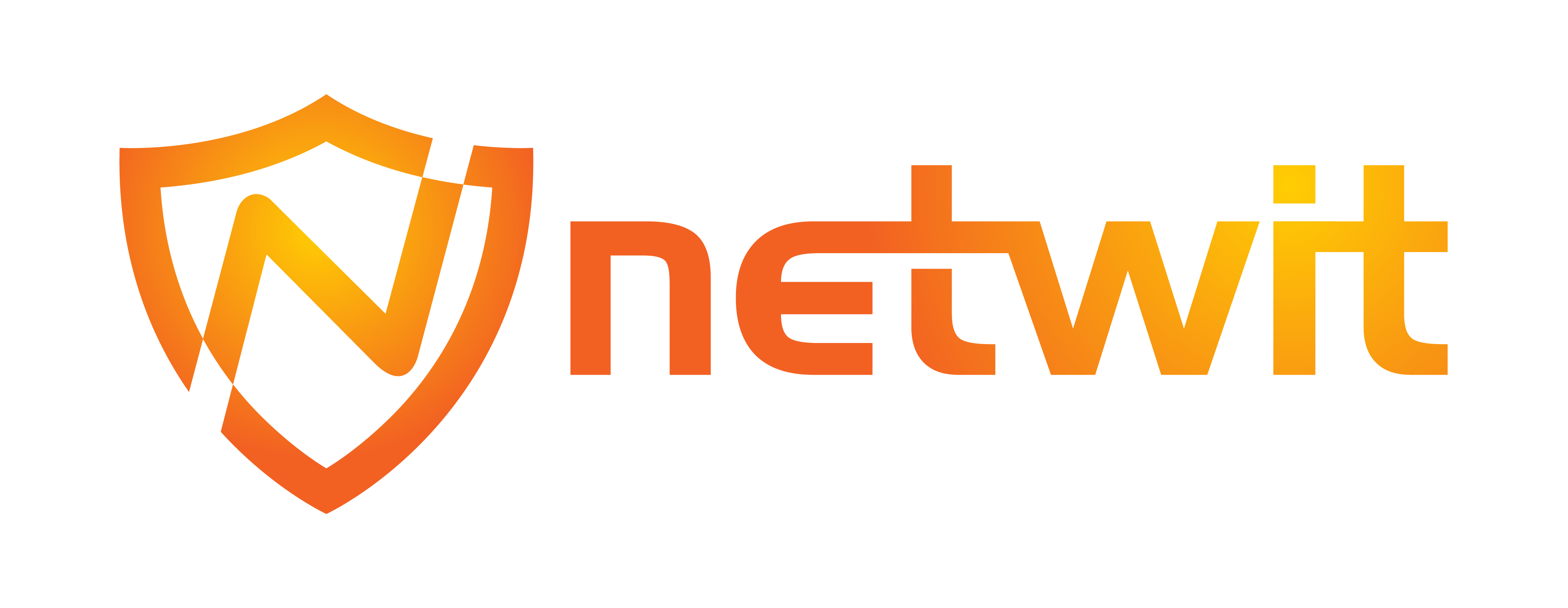Google PPC advertising is a powerful tool for businesses to reach their target audience effectively. However, many advertisers struggle to maximize their return on investment due to suboptimal campaign management.
At Netwit Solutions Inc., we’ve seen firsthand how proper optimization can dramatically improve ad performance and drive results. This guide will explore key strategies for Google PPC optimization, including techniques that can also be applied to Amazon PPC optimization.
What Is Google PPC Advertising?
The Basics of Pay-Per-Click
Google Pay-Per-Click (PPC) advertising is a digital marketing model where advertisers pay a fee each time their ad receives a click. This method allows businesses to purchase visits to their site, as opposed to earning those visits organically. PPC has the power to transform businesses by driving targeted traffic and generating leads quickly.
The Mechanics of PPC
Google Ads (formerly Google AdWords) stands as the most popular PPC advertising system. It enables businesses to create ads that appear on Google’s search engine results pages (SERPs) and other Google properties. When users search for keywords related to your business, your ads can appear above organic search results.

The cost per click (CPC) in Google Ads varies significantly depending on industry and competition. WordStream reports that the average CPC across all industries is $2.69 for search ads and $0.63 for display ads. However, some competitive industries (like legal services) can see CPCs as high as $6.75.
Key Components of a PPC Campaign
A successful PPC campaign consists of several crucial elements:
-
Keywords: These form the foundation of any PPC campaign. Select keywords that your potential customers will likely use when searching for your products or services.
-
Ad Groups: Organize your keywords into tightly themed groups. This practice improves your Quality Score and can lower your CPC.
-
Landing Pages: Create dedicated, optimized pages that align with your ad copy to improve conversion rates.
-
Ad Copy: Craft compelling, relevant ads that entice users to click. Include a clear call-to-action (CTA) to guide user behavior.
-
Bid Strategy: Determine how much you’re willing to pay for each click. You can manage this manually or through automated bidding strategies.
The Critical Role of Optimization
PPC optimization is not a one-time task; it’s an ongoing process that can significantly impact your campaign’s success. Optimization involves continuous refinement of your keywords, ad copy, landing pages, and bidding strategies based on performance data. It aims to maximize your return on investment (ROI) by increasing click-through rates (CTR), improving Quality Scores, and boosting conversion rates.
While PPC can deliver quick results, it requires expertise to manage effectively. Many businesses find that partnering with a digital marketing agency helps them navigate the complexities of PPC and achieve better outcomes.
As we move forward, let’s explore effective keyword strategies that can take your PPC campaigns to new heights of success.
Mastering Keyword Strategy for PPC Success
The Foundation of Keyword Research
Effective keyword research forms the cornerstone of successful PPC campaigns. Start by listing terms relevant to your business, then expand this list using tools like Google’s Keyword Planner or SEMrush. These tools offer valuable data on search volume, competition, and estimated cost-per-click (CPC).
Low- or zero-volume keywords are generally less competitive, highlighting the importance of extensive research to uncover valuable keyword opportunities.
Leveraging Long-Tail Keywords
Long-tail keywords (phrases of three or more words) often have lower search volumes but higher intent. They’re typically less competitive and more cost-effective. For example, “women’s running shoes” is a broad term, while “best women’s running shoes for flat feet” is a long-tail keyword that indicates higher purchase intent.

Moz reports that long-tail keywords account for 70% of all web searches. Incorporating these into your PPC strategy can significantly improve your campaign’s performance and ROI.
Implementing Negative Keywords
Negative keywords prevent your ads from appearing for irrelevant searches, preserving your budget and improving your click-through rate (CTR). For instance, if you sell luxury watches, you might add “cheap” or “free” as negative keywords to avoid attracting users looking for budget options.
Improving your CTR in Google Ads can be achieved through various methods, including effective keyword targeting and regular analysis of your search terms report to add new negative keywords, continuously refining your targeting.
Creating Themed Ad Groups
Organizing keywords into tightly themed ad groups allows for more relevant ad copy and landing pages, improving your Quality Score and potentially lowering your CPC. Google recommends 15-20 keywords per ad group, but smaller, more focused groups can often yield better results.
A case study by PPC Hero demonstrated that restructuring an account into tightly themed ad groups improved CTR by 21% and conversions by 33%.
Effective keyword strategy requires ongoing attention and refinement. Regular review and adjustment of your keyword list based on performance data will help maximize your PPC campaign’s effectiveness and ROI. As we move forward, let’s explore how to craft compelling ad copy that converts clicks into customers.
How to Create Compelling Ad Copy
Craft Attention-Grabbing Headlines
Your headline must capture attention instantly. Headlines with numbers receive higher click-through rates and drive more page views. For example, “5 Ways Our Product Saves You Time” outperforms “Our Product Saves Time.”

Address users directly to boost engagement. Words like “you” and “your” can increase click-through rates. Replace “Great Deals on Shoes” with “Find Your Perfect Pair at 50% Off” for better results.
Write Persuasive Descriptions
Your description should maintain interest and prompt action. Focus on benefits rather than features. Explain how your offering solves a problem or improves the customer’s life.
Include social proof when possible. Use impressive statistics or testimonials in your ad copy. Examples include “Join 10,000+ Satisfied Customers” or “Rated 4.9/5 by Real Users.”
Create Effective Call-to-Actions (CTAs)
A strong CTA converts interest into action. Be specific and create urgency. Effective CTAs include “Shop Now,” “Get Your Free Trial,” or “Limited Time Offer – Act Fast!”
Test different CTAs to find what resonates with your audience. A/B testing leads to significant improvements – personalized CTAs convert 42% more visitors into leads than generic CTAs.
Use Ad Extensions
Ad extensions enhance visibility and provide additional information to potential customers. They can increase click-through rates.
Try sitelink extensions to direct users to specific pages on your website. A clothing retailer might include links to “Men’s Collection,” “Women’s Styles,” and “Sale Items.”
Callout extensions highlight unique selling points. Use them to showcase free shipping, 24/7 customer service, or other key benefits that set you apart from competitors.
The key to successful ad copy lies in continuous testing and refinement. What works today may not work tomorrow, so adapt and optimize based on performance data. With these strategies (and the expertise of a digital marketing partner), you can create PPC ads that attract clicks and drive meaningful conversions for your business.
Final Thoughts
Google PPC optimization requires constant attention and refinement to achieve success. Effective keyword strategies, compelling ad copy, and strategic use of ad extensions form the foundation of high-performing campaigns. Regular analysis of campaign data enables data-driven decisions that keep you ahead of the competition and maximize your return on investment.

Many principles discussed for Google PPC also apply to Amazon PPC optimization, as both platforms demand a deep understanding of target audiences and effective keyword targeting. At Netwit Solutions Inc., we specialize in creating and optimizing PPC strategies that drive visibility, engagement, and conversions (leveraging data-driven insights and innovative techniques).
Our team of experts can help take your PPC performance to new heights. We offer comprehensive digital marketing services, including PPC management, SEO, and website development, designed to help your business achieve exceptional growth. Partner with Netwit Solutions Inc. to transform your PPC campaigns into powerful lead generation engines that drive your business forward.

